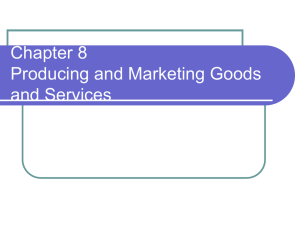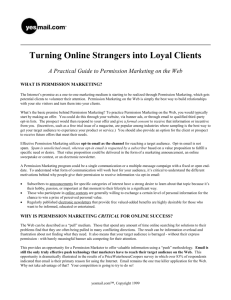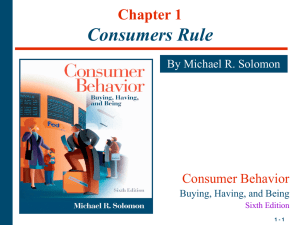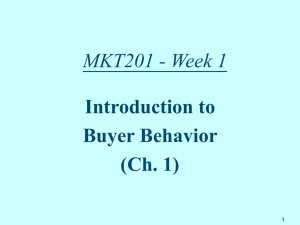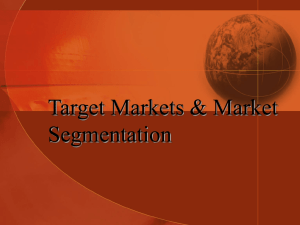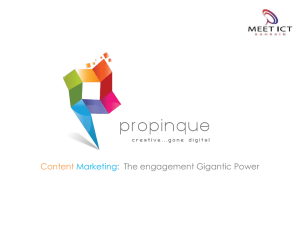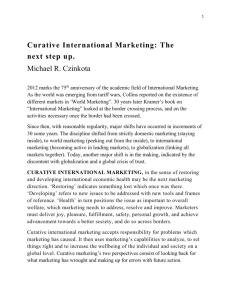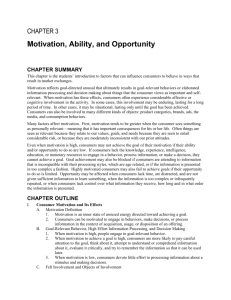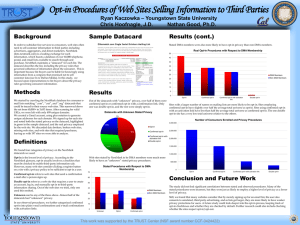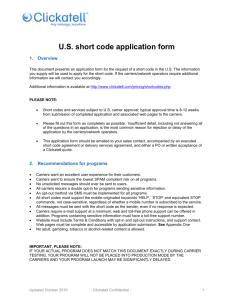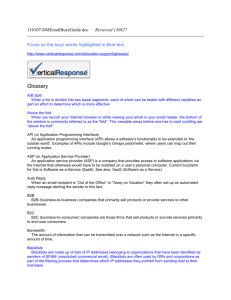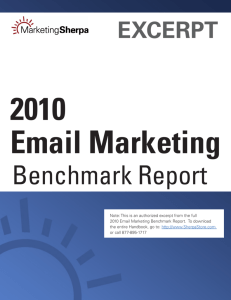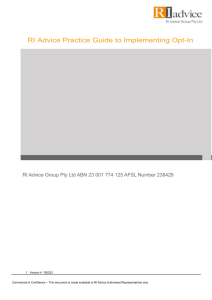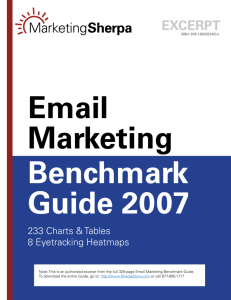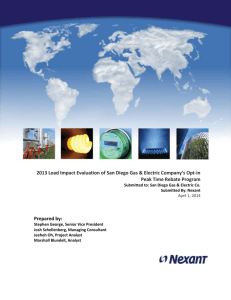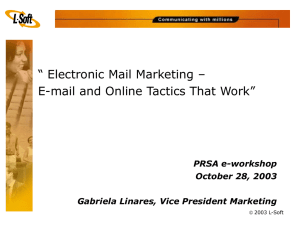The shocking truth about opt-in! Proposed new EU legislation, if
advertisement
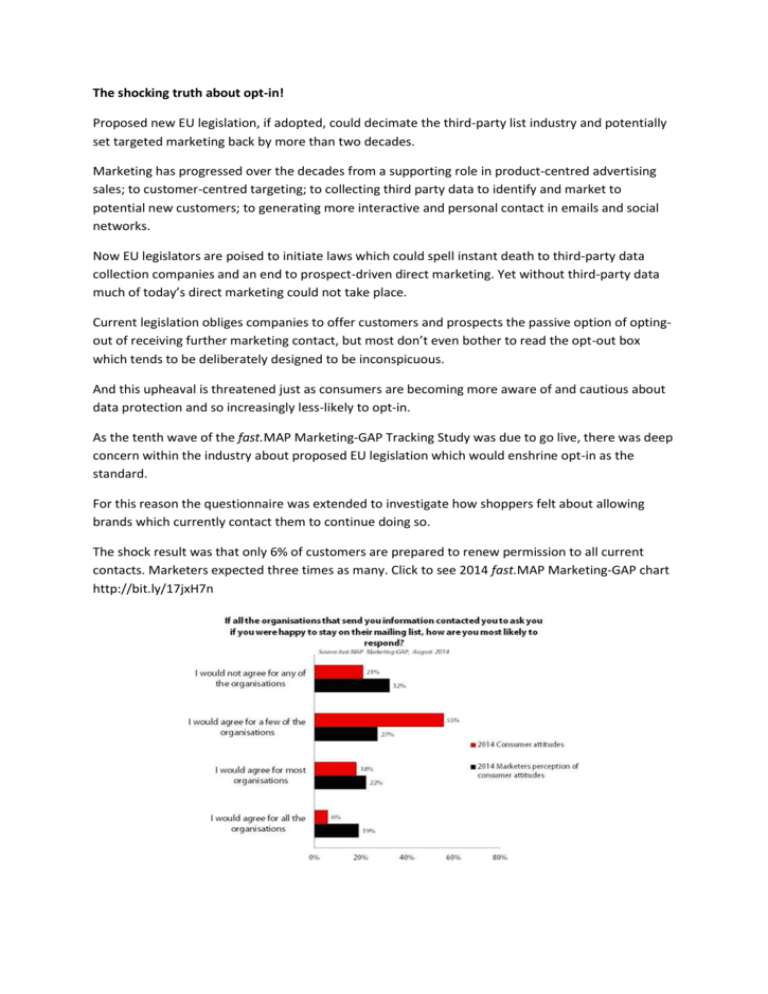
The shocking truth about opt-in! Proposed new EU legislation, if adopted, could decimate the third-party list industry and potentially set targeted marketing back by more than two decades. Marketing has progressed over the decades from a supporting role in product-centred advertising sales; to customer-centred targeting; to collecting third party data to identify and market to potential new customers; to generating more interactive and personal contact in emails and social networks. Now EU legislators are poised to initiate laws which could spell instant death to third-party data collection companies and an end to prospect-driven direct marketing. Yet without third-party data much of today’s direct marketing could not take place. Current legislation obliges companies to offer customers and prospects the passive option of optingout of receiving further marketing contact, but most don’t even bother to read the opt-out box which tends to be deliberately designed to be inconspicuous. And this upheaval is threatened just as consumers are becoming more aware of and cautious about data protection and so increasingly less-likely to opt-in. As the tenth wave of the fast.MAP Marketing-GAP Tracking Study was due to go live, there was deep concern within the industry about proposed EU legislation which would enshrine opt-in as the standard. For this reason the questionnaire was extended to investigate how shoppers felt about allowing brands which currently contact them to continue doing so. The shock result was that only 6% of customers are prepared to renew permission to all current contacts. Marketers expected three times as many. Click to see 2014 fast.MAP Marketing-GAP chart http://bit.ly/17jxH7n Although more consumers overall than marketers expected will opt-in, the majority would allow only a few companies to keep in touch – favouring those which offer discounts, special offers, samples or cheaper prices. Yet many marketers seem oblivious of the data elephant in the room and are therefore not only failing to prepare for the forecast legislation change, but also missing out on the potential profit increases delivered by improved opt-in rates. Marketers consistently underestimate people’s level of concern about potential misuse of their contact details. Only 45% thought consumers might be worried about their details being passed on to another organisation, while 85% of consumers said they would be concerned or even very concerned. Chart http://bit.ly/1EdxlMu In fact, (based on responses from 1,180 consumers and 310 marketers) the professionals underestimate all people’s areas of concern by up to 100%. And they massively underestimate (by a third on average) consumer nervousness over data security and privacy, even when it comes to the second most-contentious issue – a failure to keep permission statement promises. Between seven and eight people in ten are worried about six of the seven areas of intrusion and security mentioned. Fewer, though still almost two thirds, are concerned about receiving irrelevant information. Little wonder that most consumers don’t even bother to read the opt-in statements, let alone click on one. What marketers can do to boost consent Marketers who adopt a serious and urgent attitude to collecting permissions can start by making sure their permission statements are worded in a way which will maximise consent. This will improve their Individual Permission Value (IPV) – the data era equivalent of the old LTV (customer Life-Time Value) – which will boost sales; and should opt-in become the legal requirement, deliver an immediate competitive advantage. Until now, brands have had no way of gauging the relative success of their permission statements, which is why, to take the guesswork out of the process fast.MAP and strategic consultant on data protection legislation compliance and permission maximisation OPT-4, have joined forces to build a new industry standard The Data Permission Benchmark http://bit.ly/1negSzq For more information about using the Data Permission Benchmark to boost opt-ins and increase shopper Life-Time Value (LTV) contact David on david.cole@fastmap.com, mobile 0777 568 4293, Tel. 0207 242 0702 www.fastMAP.com
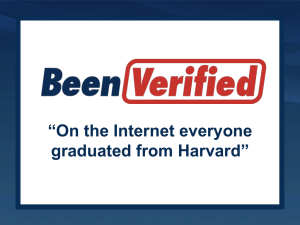
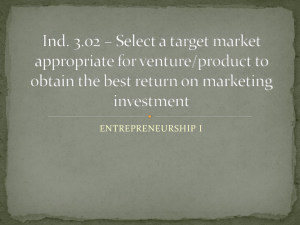
![[Download Accessible Version]15.55 KB](http://s3.studylib.net/store/data/006665349_1-345cee5afa892424cd84f5829eb18196-300x300.png)
